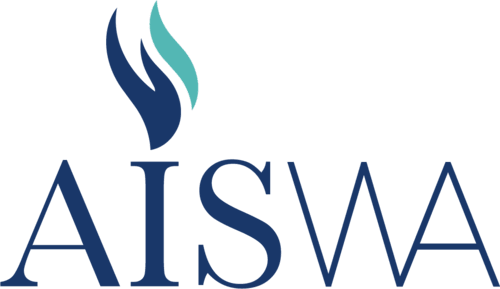Languages in Early Childhood
AISWA recently ran two half-day workshops for early childhood language teachers. Participants included a mix of qualified early childhood teachers, as well as those who have been trained in primary or secondary and have found themselves teaching in the early years.
Unquestionably, an early childhood approach is unique and individuals who work in this area require knowledge of cognitive development theory and have a strong belief that young children are capable, competent and creative. Teachers also require a sound understanding of the Early Learning Years Framework, as well as the Western Australian Curriculum if teaching Pre-primary to Year 2. Specialist languages teachers do not need to be qualified in the area of early childhood to teach early learners. However, they must work under the guidance of an early childhood teacher. Hence collaboration between the classroom teacher and language teacher is essential.
Both sessions were held at Wesley College. During the first session, participants visited the school's Early Learning Centre where there is a strong emphasis on play-based learning through discovery and exploration. During the three months in between, participants chose an area of focus or did moderation within their teaching teams and reported back at the second session. At the second session, we invited Wendy Gorman, AISWA Early Childhood Consultant to come and share guidance and tips for specialist teachers who teach in the early years. A specialist context can present challenges because it usually means teaching for a limited time each week, making it difficult to build the all-important relationship with each child. Here are just some examples of Wendy’s golden advice:
- Play is the best medium for forming new neural pathways and is the natural way children learn. It is more efficient to learn through play, rather than rote.
- New knowledge is built on old knowledge. This is a good reason why the language teacher should base the language program on what children are learning with the classroom teacher and link into concepts currently being explored. Work with what is already in the classroom environment such as props and classroom equipment.
- Help the classroom teacher learn the language too. Leave some signs in the classroom and teach them some classroom instructions in the target language so they can use it with the children throughout the week. Consider leaving a legacy – something the children can play with to practise language between each lesson.
- Develop a relationship with your students. Wendy says “The more real you become, the more they’ll want to please you”.
And some cautions:
- Limit worksheets and colouring in. Colouring has no educational value. Instead, learning needs to be hands-on, play-based and/or playful.
- Be careful not to be too ‘gimmicky’ and get children overexcited. It is extremely difficult to bring them down from a high.
- Avoid correcting. Four, five and six-year-olds are continually refining their theories and thinking. Instead of correcting them, ask them “why do you think that?”.
AISWA plans to keep this network of early childhood language teachers going and in 2020, we would like to start holding some online workshops through Microsoft Teams. If you would like to be part of this network email the Languages Consultant, Kate Reitzenstein, so you can be part of this group and get involved in the sharing of ideas in early childhood education.

Thank you and acknowledgements to Wendy Gorman, Maria Hodges (Head of Junior School, Wesley College) and Claire Leong (Head of Languages, Wesley College) for your contributions to this professional learning event.

